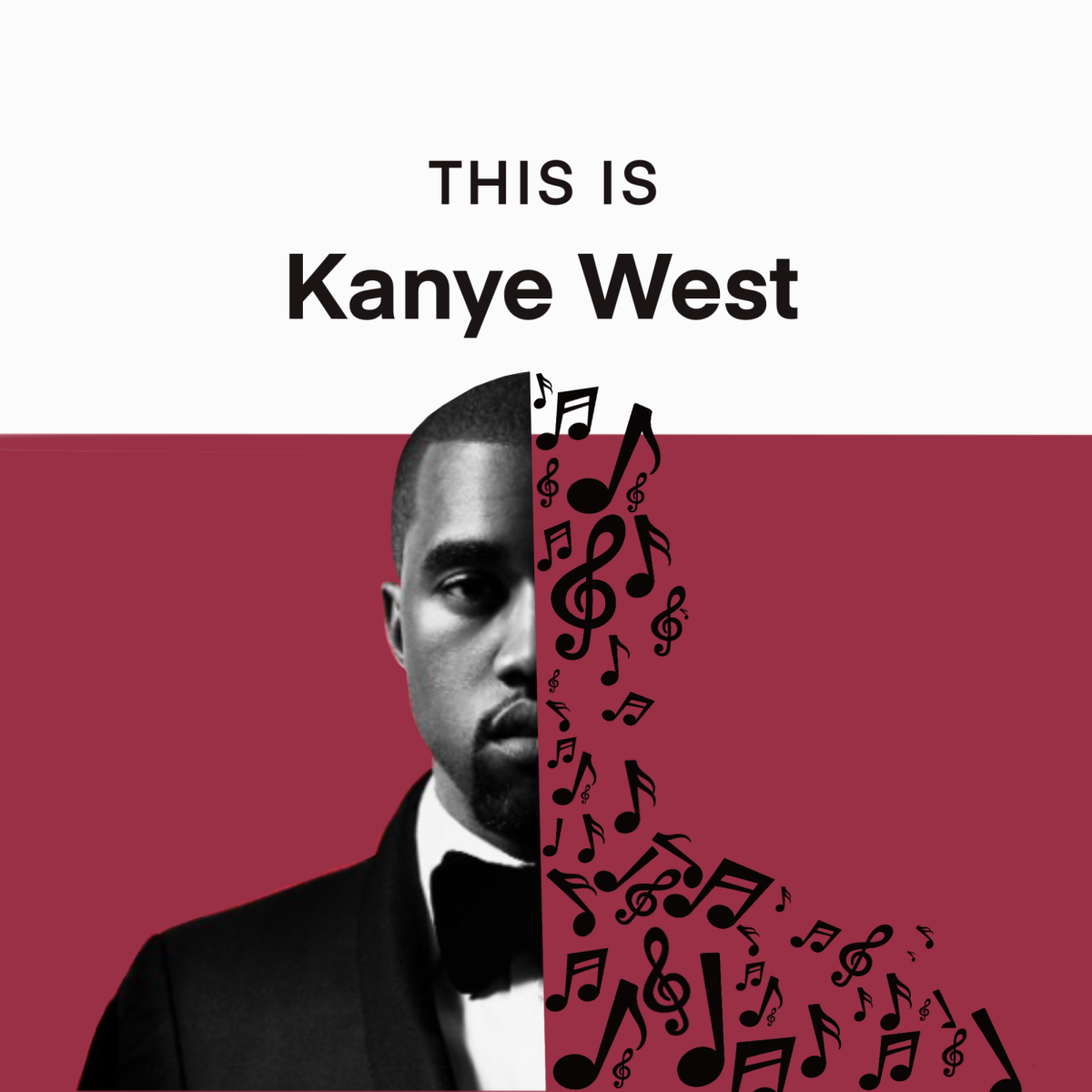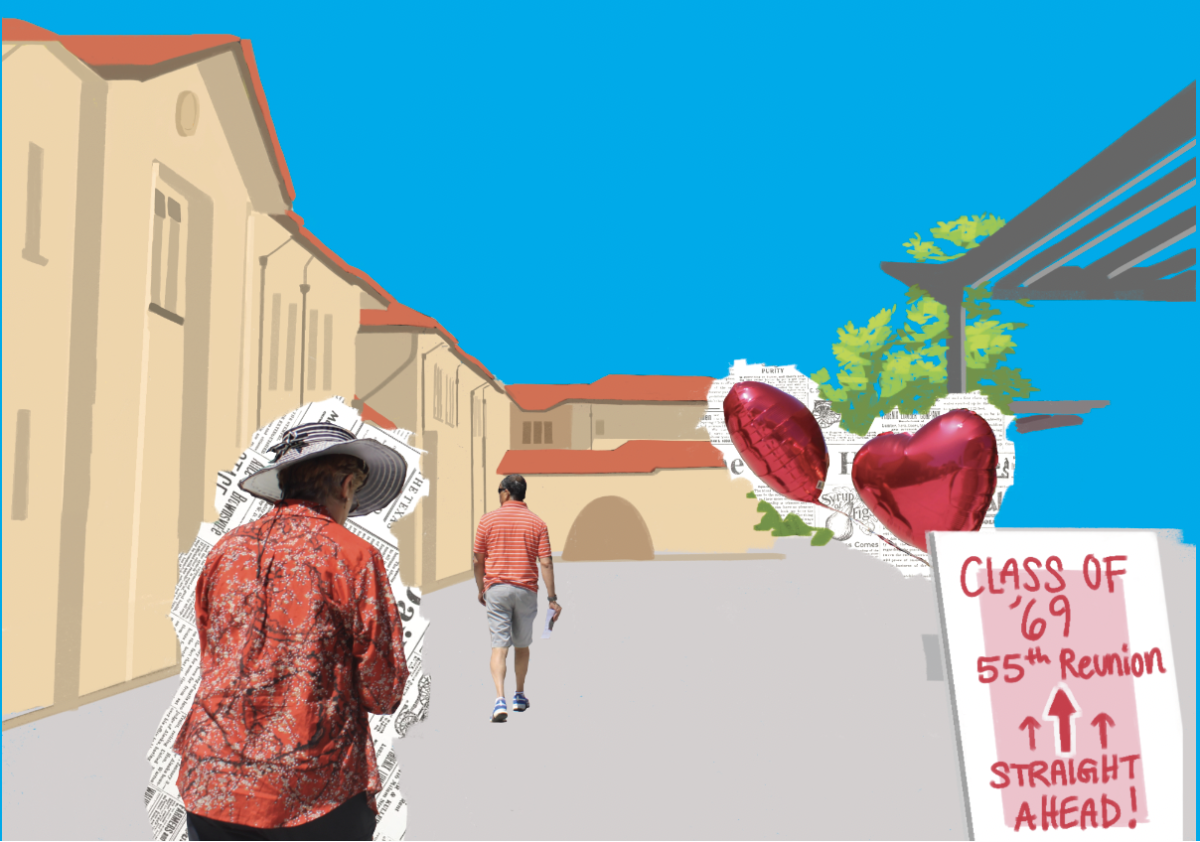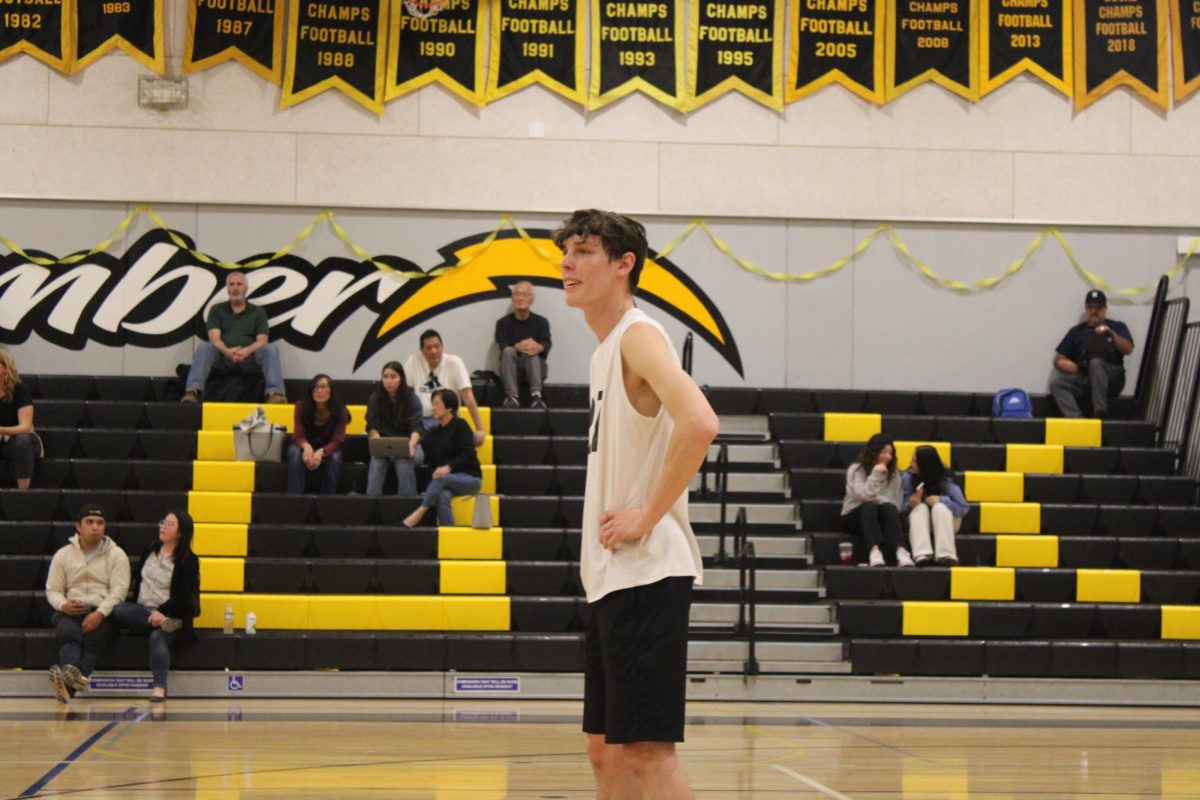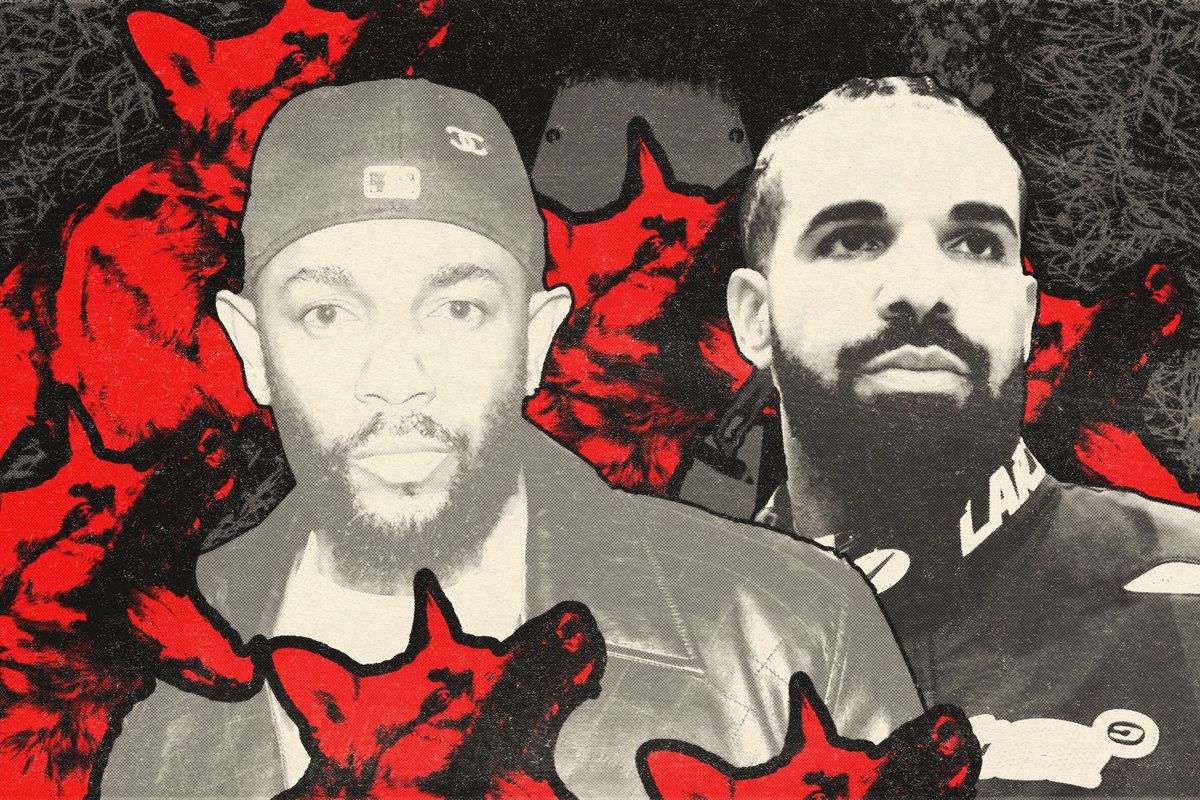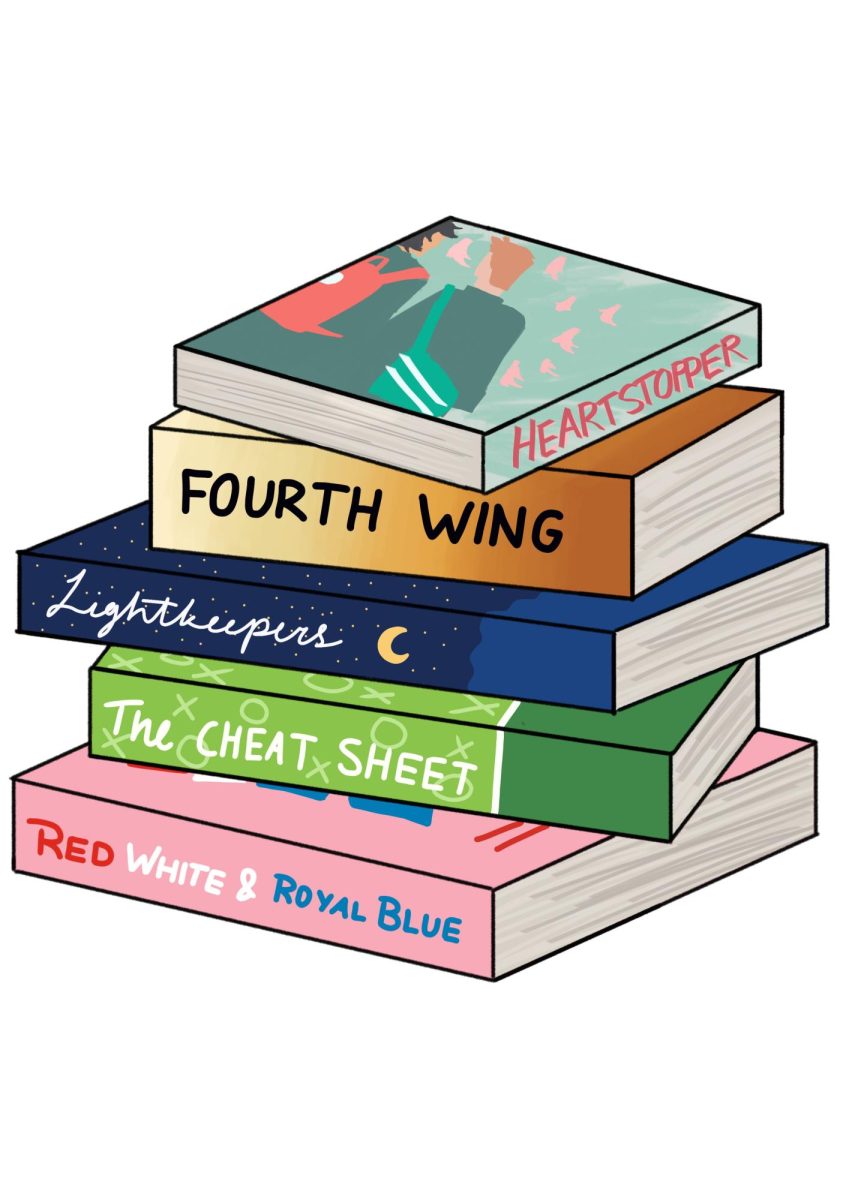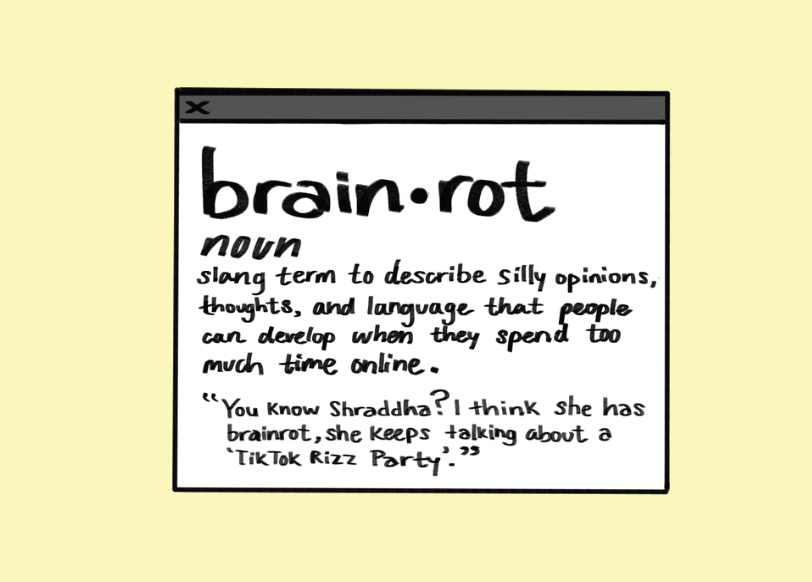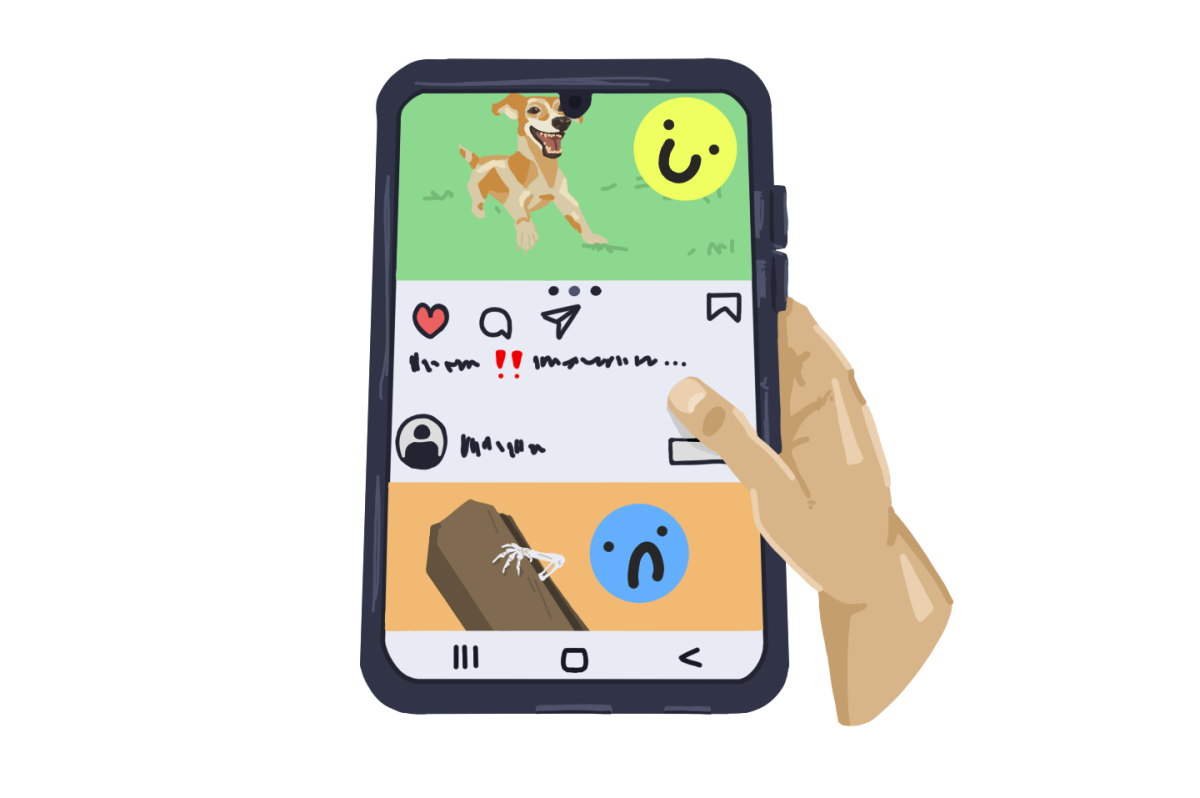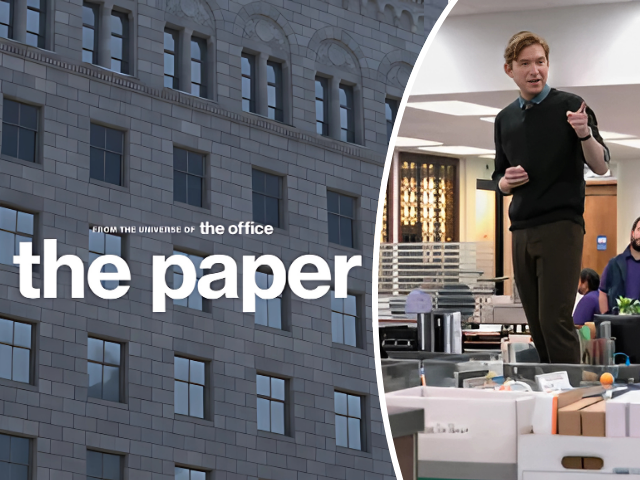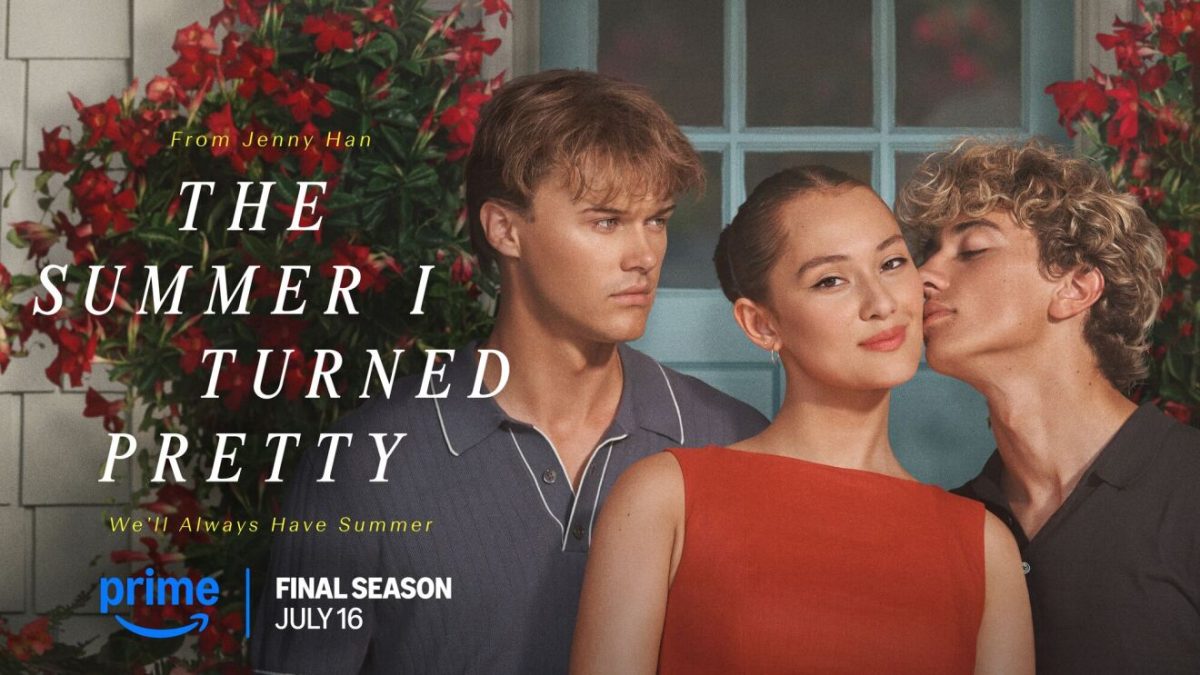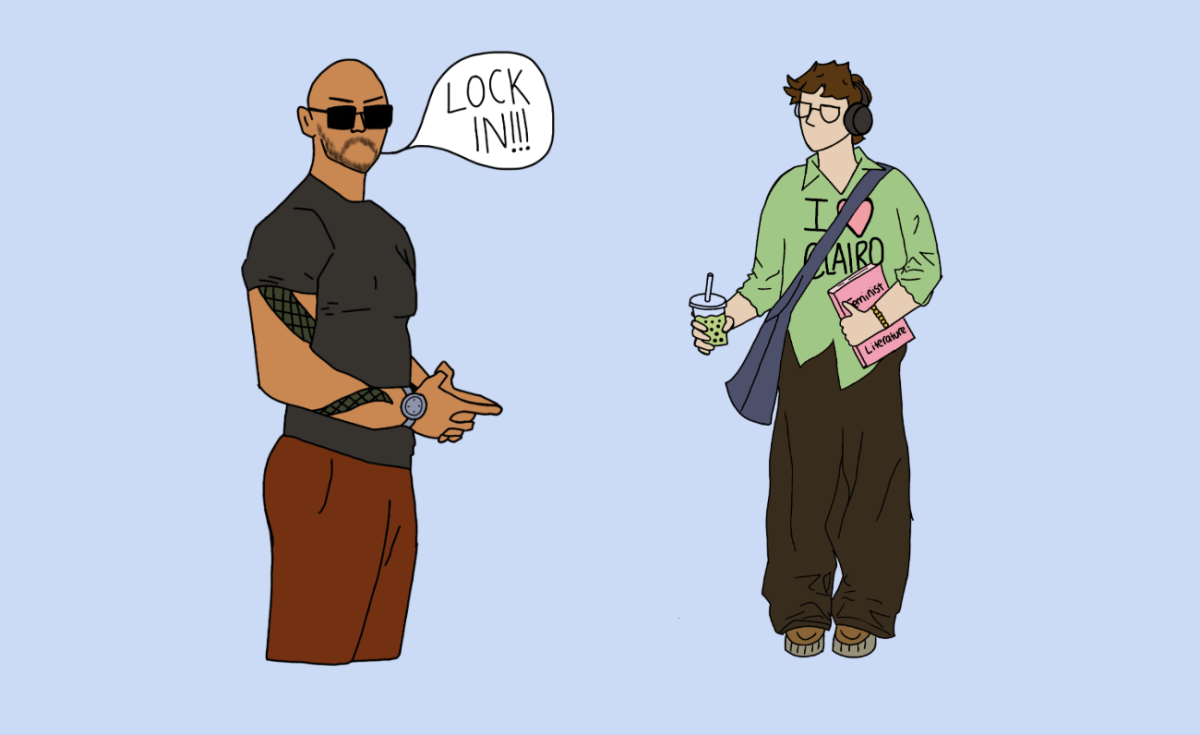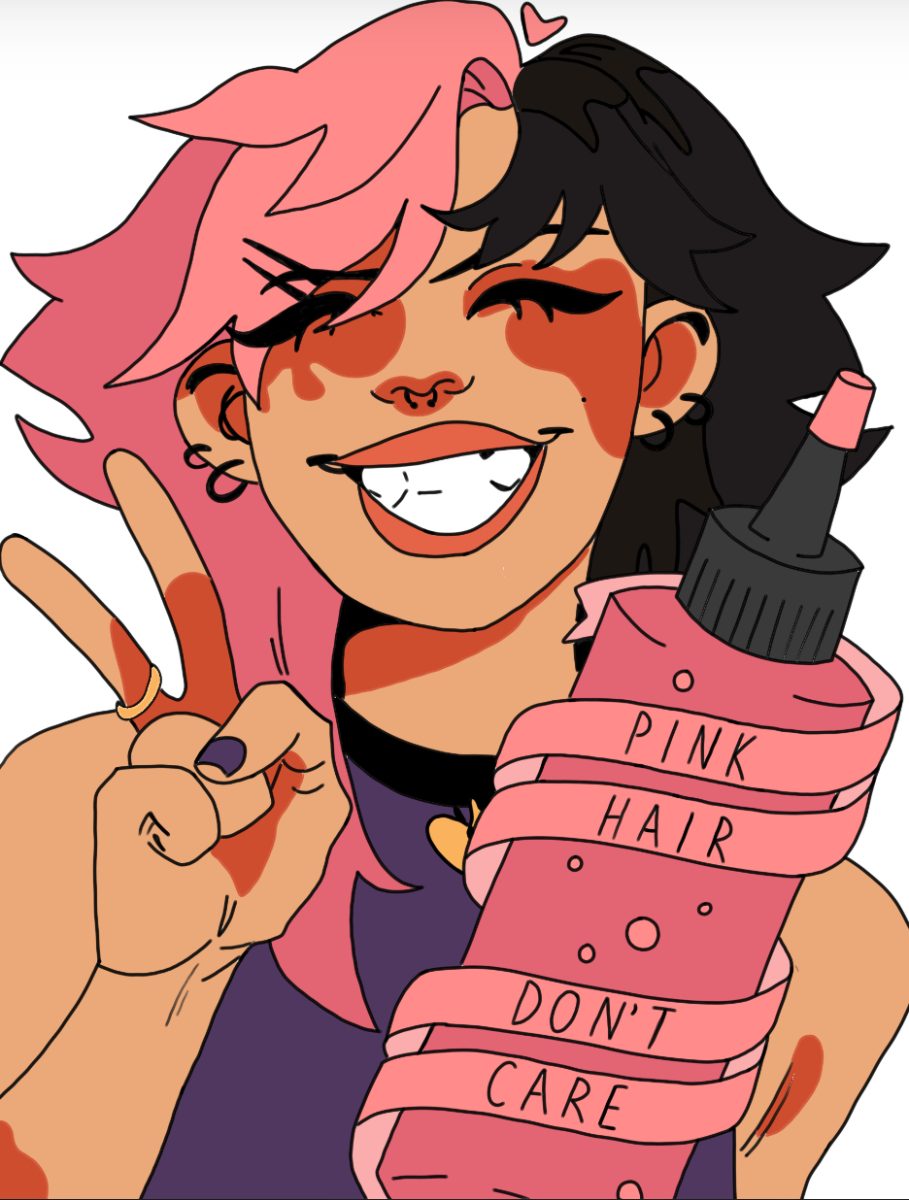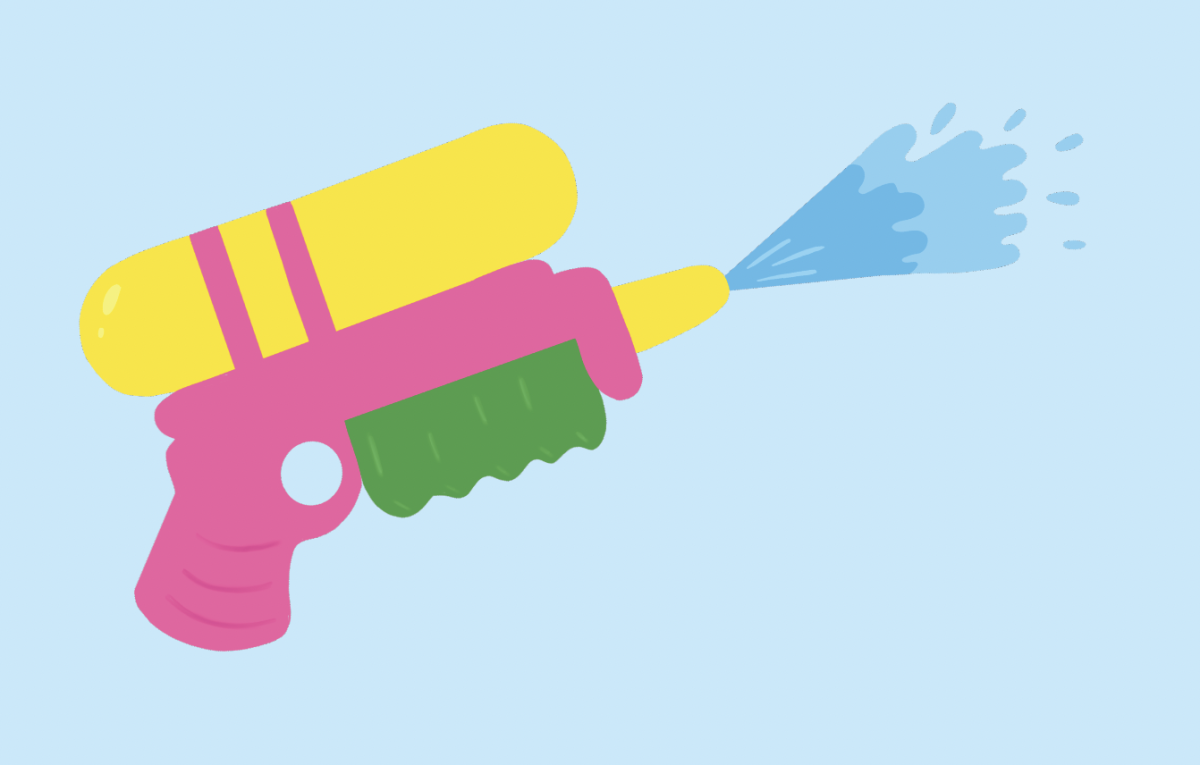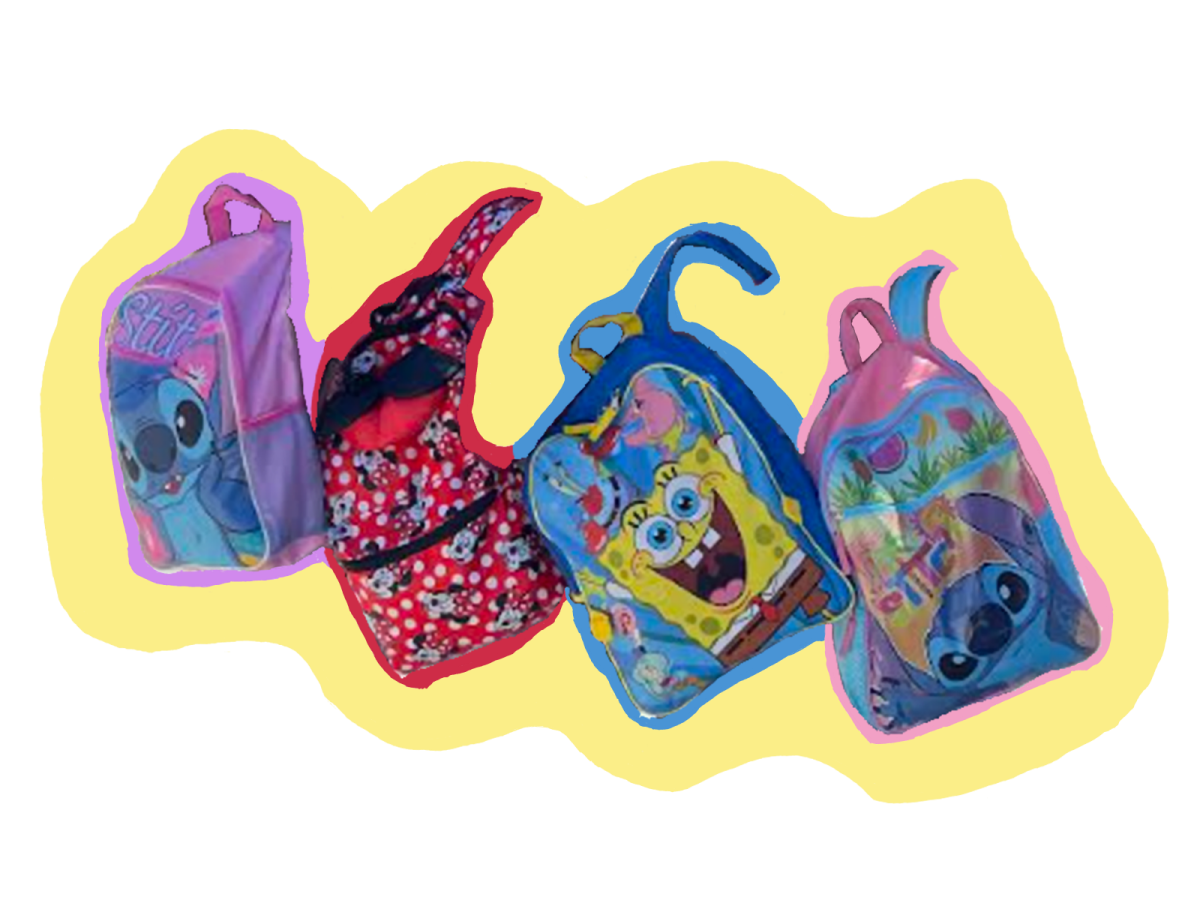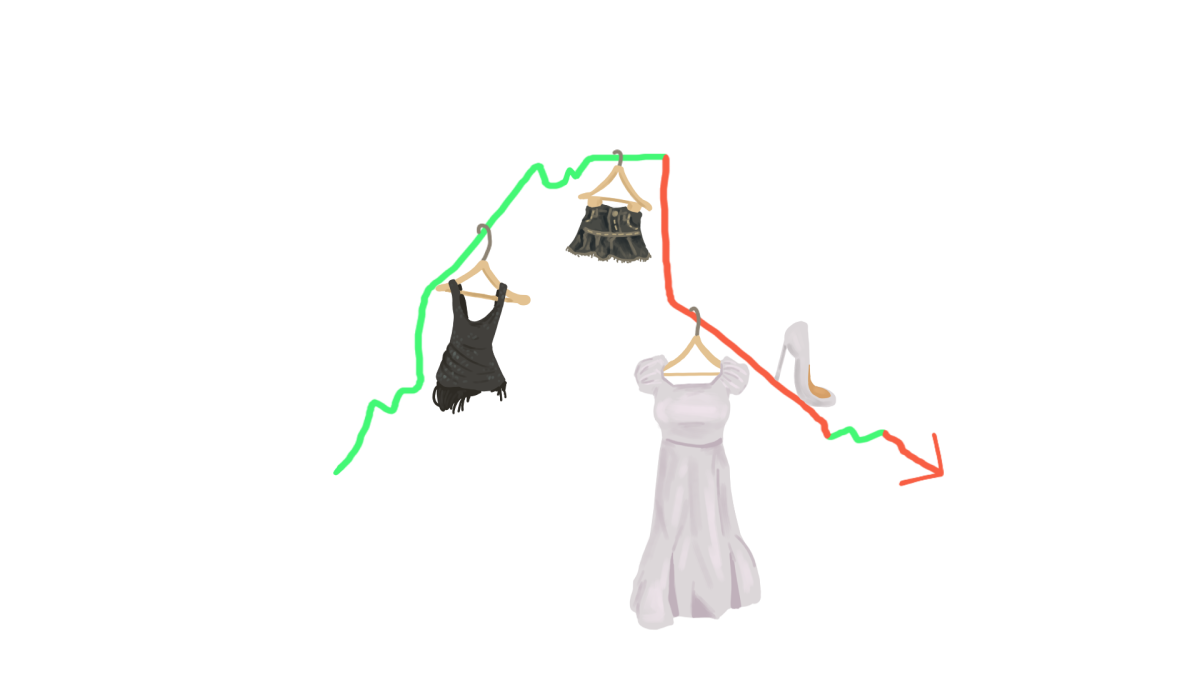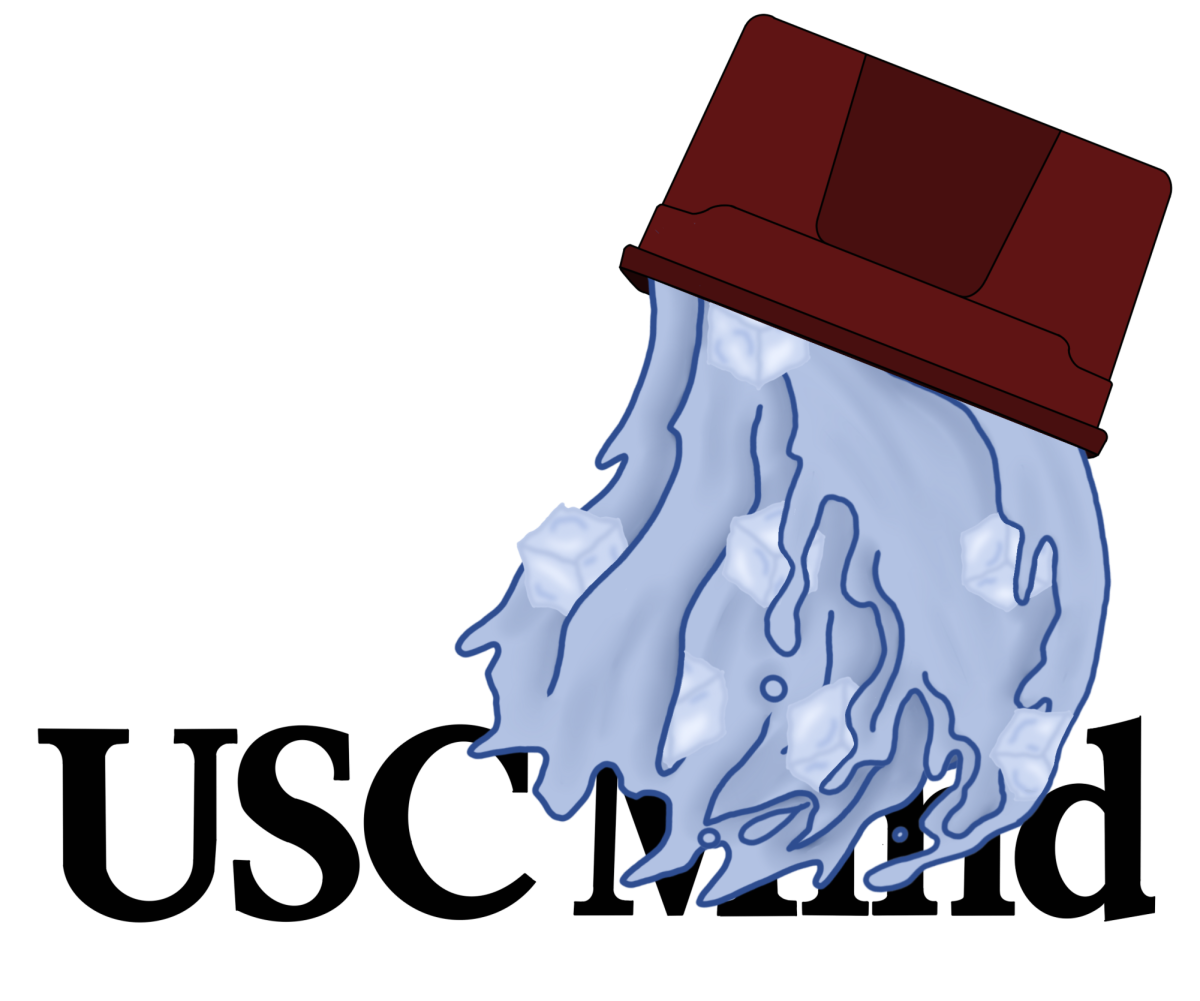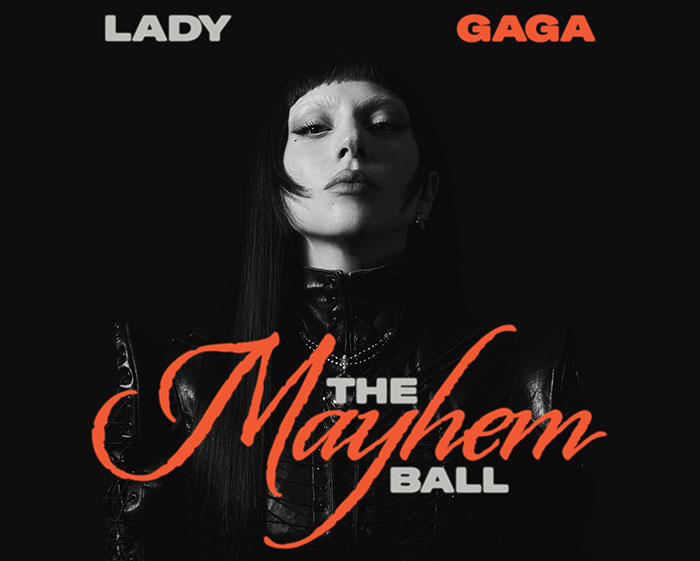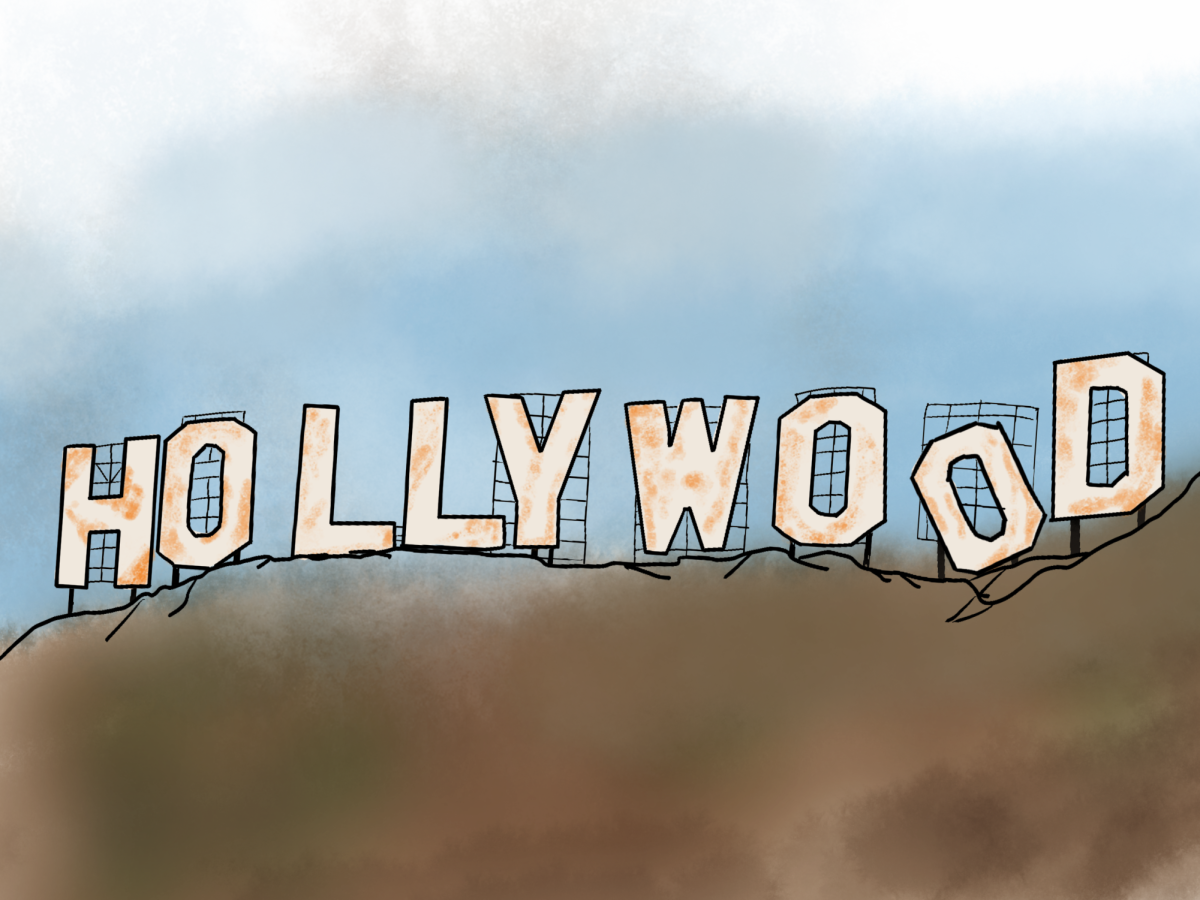With the rise of social media, people have less control over who they support. Social media feeds are entirely dependent on a company’s algorithm, which usually aims to maximize consumer interaction. The potential for interaction with an artist gets valued over one’s pure skill and competency. As a result, controversial influencers and artists tend to rise to fame more often than unproblematic but highly skilled ones. This feature of social media makes it difficult to discover artists that are suited to one’s listening preferences and simultaneously have a clean track record.
For this reason, some choose to separate the art from the artists. This phrase refers to the act of listening to an artist’s music or consuming one’s content regardless of how good of a person they are. Due to the multitude of popular problematic artists, some choose to take the responsibility off themselves and simply listen to what they enjoy. The controversy with this approach is that some view consuming problematic artists’ content as putting money in the pockets of bad people who do not deserve it. Those with similar views often opt to boycott these artists, refusing to listen to their music. However, some question the actual impact that boycotting makes on artists.
“Personally, I don’t think boycotting makes much of a difference because they’re [artists] still going to get money,” FHS sophomore Isabella Arvizu said. “I mean, Spotify pays them, any brand deal they have pays them, their company pays them. Even if no one listens to their music they’re still gonna get money.”
The true wealth of celebrities can be incomprehensible for the average person. One argument is that famous artists are already rich, a decrease in income will not change that. However, some argue that the scale of the boycott matters.
“I think boycotting does make a difference,” FHS sophomore Lizbeth Calvario Bueno said. “It depends how many people boycott. If it’s only a small amount of people, then it doesn’t make a difference, but if it’s a larger amount of people then it does, because the artists end up losing money.”
Regardless of the impact of boycotting, the decision to start depends on if listeners are aware of an artist’s problematic actions. With the constant influx of internet drama, it can be difficult to stay aware of the morality of popular artists, or to even care.
“I’m too lazy to take their songs off my playlist,” Arvizu said. “Maybe I would just skip it. And, I don’t stay up to date, so I don’t know how I’d find out.”
With all the controversy circulating social media, both decisions make sense. Whether to separate the art from the artist or not comes down to personal preference.


